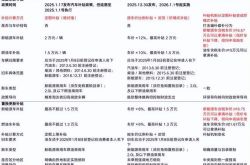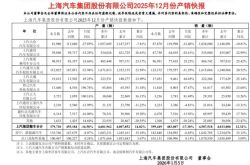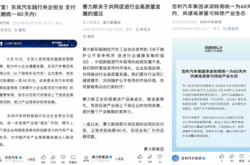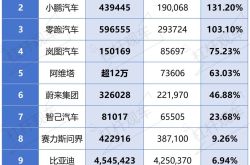Domestic mobile phones and users are all looking forward to seeing WeChat and Douyin go head-to-head with Apple
![]() 08/06 2024
08/06 2024
![]() 456
456
Recently, media reported that Apple has once again pressured Tencent and ByteDance, demanding that Tencent's WeChat and ByteDance's Douyin fix in-app payment vulnerabilities, or else they will be prohibited from updating their apps.
What does fixing in-app payment vulnerabilities mean? We all know that using Apple products involves an "Apple tax," where Apple charges a 30% commission on all virtual products purchased within apps, colloquially known as the "Apple tax."
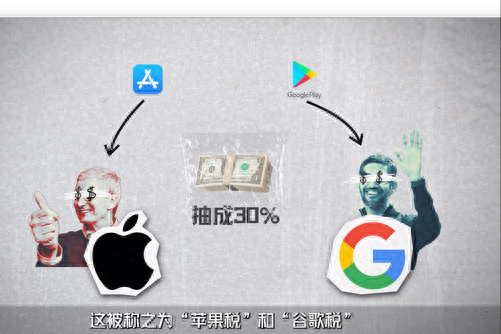
To collect this commission, Apple requires that transactions be made using Apple Pay and prohibits the use of third-party payment methods.
However, due to certain reasons, there are still vulnerabilities in WeChat and Douyin that can be exploited by app developers to redirect users to external payment systems, bypassing Apple Pay. This results in Apple not receiving the 30% commission.
It is reported that Apple previously warned the two companies in May, and while some adjustments were made, not all issues were fully addressed due to their complexity.
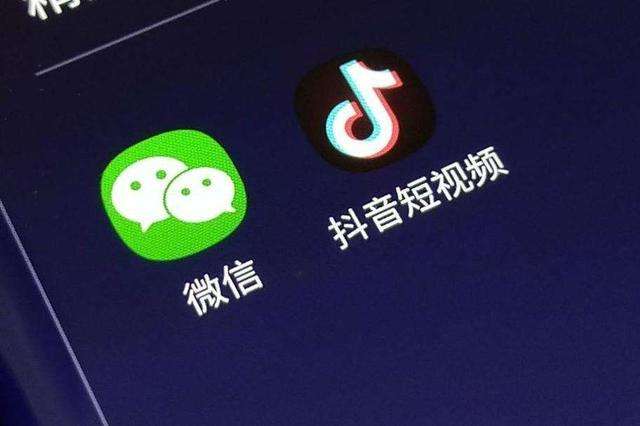
Therefore, Apple has continued to warn Tencent and ByteDance, demanding fundamental changes to WeChat and Douyin. If the vulnerabilities are not thoroughly addressed, Apple will refuse to allow app updates or even remove the apps from the App Store.
Many netizens are eagerly awaiting the outcome of this standoff, as Apple and app developers have been locked in a battle over this commission system for some time now.
Especially in the European Union, Apple has been forced to make numerous changes, such as reducing tax rates, allowing sideloading, and permitting the use of third-party payment methods. Therefore, many hope that China's two leading internet companies, Tencent and ByteDance, will stand up to Apple and force it to make similar changes.
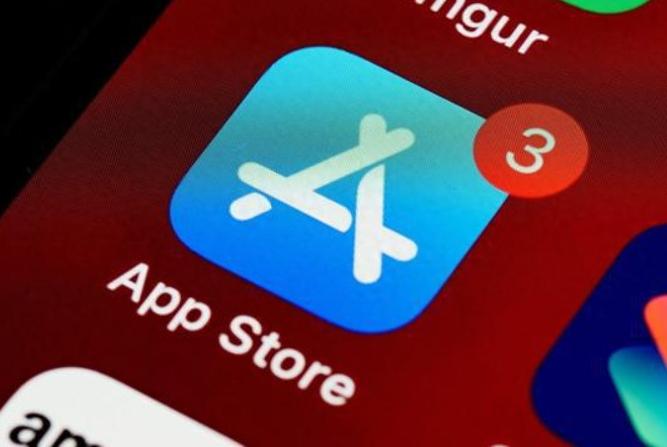
Given Apple's declining sales and revenue in China, as well as its diminished influence, intervention from internet giants at this juncture could be particularly effective, as Apple is no longer as dominant as it once was.
For domestic mobile phone manufacturers, they are even more eager to see Apple go head-to-head with Tencent and ByteDance, and ideally have WeChat and Douyin removed from the App Store. If this happens, users may be more willing to reject Apple products, knowing they can easily switch to Android devices.
In the past, users were heavily reliant on Apple's ecosystem. However, now that the gap between Android and iOS has narrowed, users may switch to Android devices in an instant if Apple removes popular apps like WeChat and Douyin. This would ultimately benefit domestic mobile phone manufacturers.
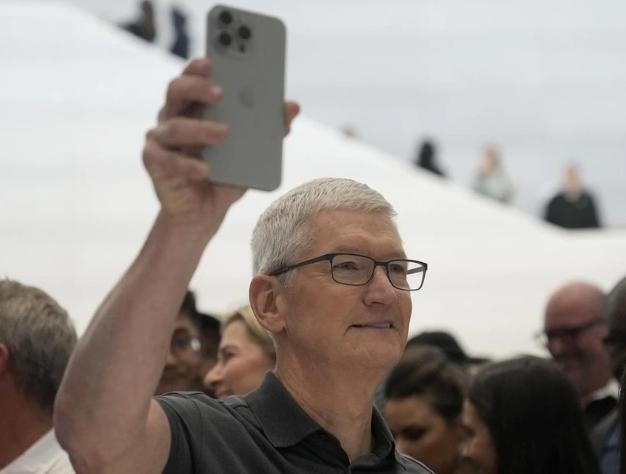
It remains to be seen how the standoff between Apple and Tencent/ByteDance will unfold. Users and domestic mobile phone manufacturers alike are hoping for a confrontation that leads to an irreconcilable conflict, ultimately resulting in Apple removing WeChat and Douyin from the App Store. However, it is more likely that WeChat and Douyin will make the necessary changes rather than risk being removed. What do you think?

